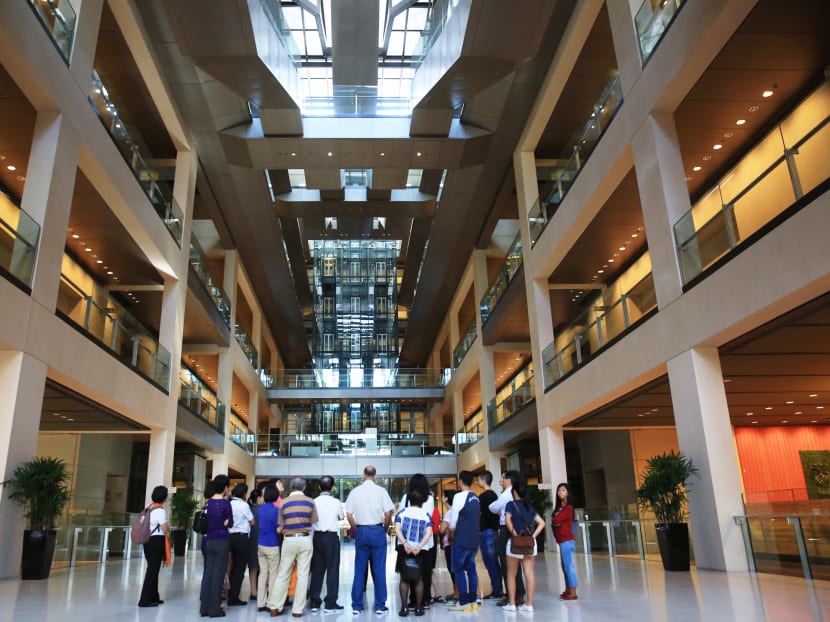Govt should be allowed to invoke anti-harassment act to deal with falsehoods: AGC
SINGAPORE — The clause to deal with false statements under the Protection from Harassment Act (POHA) is separate from those dealing with harassment and stalking, so it does not matter whether a victim feels emotionally or psychologically affected. This was the Attorney-General’s Chambers (AGC) argument to the apex court yesterday against a High Court’s ruling that the Government cannot invoke the POHA.
SINGAPORE — The clause to deal with false statements under the Protection from Harassment Act (POHA) is separate from those dealing with harassment and stalking, so it does not matter whether a victim feels emotionally or psychologically affected. This was the Attorney-General’s Chambers (AGC) argument to the apex court yesterday against a High Court’s ruling that the Government cannot invoke the POHA.
The case concerned a medical device firm’s co-founder’s comments to socio-political website The Online Citizen (TOC) on the Ministry of Defence (Mindef) over an alleged patent infringement. The firm, MobileStat, had sued the Government, claiming that Mindef had copied its concept of a mobile emergency medical station. MobileStat dropped its claim in January 2014, citing financial difficulties.
In January last year, TOC posted an interview with MobileStat co-founder Dr Ting Choon Meng about the case. A cease-and-desist letter was sent by the AGC to Dr Ting, asking him to stop making false statements about Mindef. Mindef had taken issue with Dr Ting’s statements that it had knowingly copied his concept and it was trying to wear him down financially in the suit.
When TOC and Dr Ting refused to take down the statements, the AGC applied for a court order under Section 15 of POHA to have them taken down. A district court granted the order, but this was overturned by a High Court, prompting the AGC to file an appeal.
Yesterday, State Counsel Hui Choon Kuen argued that the clause in question was meant to provide a “measured and calibrated remedy for the subject to have the falsehood corrected”. It was not premised on harassment, he added, contrary to Judicial Commissioner See Kee Oon’s finding that the clause was a “lower-tiered remedy for harassment”.
Mr Hui also said that allowing the Government to invoke Section 15 of POHA “does not impinge on free speech in any way”. “This is because the maker of the false statement is not required to take down his false statement as long as he publishes the notification ordered by the court,” he said.
But Dr Ting, who is represented by lawyer Choo Zheng Xi, argued that the purpose of Section 15 of POHA and the Act as a whole does not include the Government. Rather, the clause is to allow “people” and “victims” of an attack that involves factual inaccuracies to help themselves in a manner that they would “feel ... satisfied” without recourse to a criminal complaint or the filing of a civil claim. “This purpose supports the interpretation that Section 15 of the (POHA) was only contemplated to be available to human beings and not the government,” he added.
TOC, which is represented by lawyer Eugene Thuraisingam, pointed out that the objective of Section 15 of POHA is to “combat the rising and disturbing incidence of cyber-bullying and antisocial behaviour against lay victims who have little means to protect themselves”. “It was not all within the reasonable contemplation of Section 15’s legislators that the Government — a well-resourced entity which cannot be said to be vulnerable to cyber-bullying or antisocial behaviour — could utilise Section 15,” he added.
Chief Justice Sundaresh Menon, and Judges of Appeal Chao Hick Tin and Andrew Phang heard the case yesterday. They reserved judgment.







